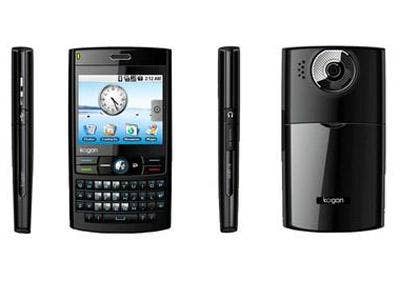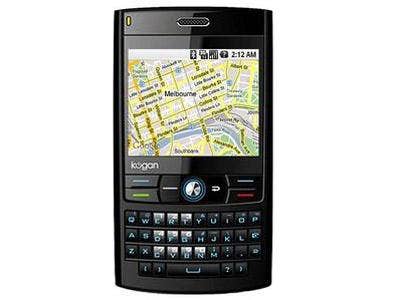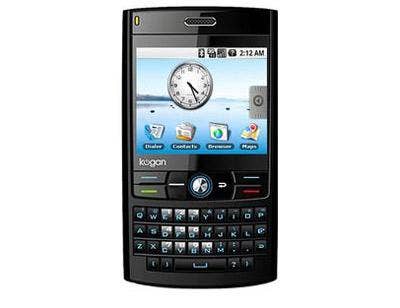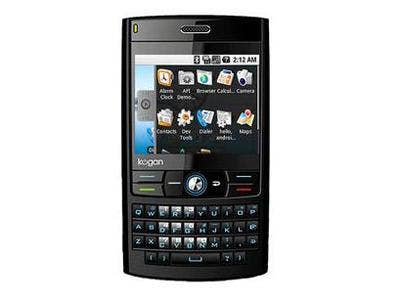New Android Phone Hits The Market

Beating competitors to the punch, Australian-based Kogan Technologies Thursday began taking domestic and international pre-orders on two new mobile phones that are based on Google's Android platform. The phones begin shipping Jan. 29, 2009.

The phones -- Agora, the standard model and the upgraded Agora Pro -- will retail for $192 and $256, respectively, and only through the Kogan Web site. The prices are subject to international currency rate changes. The phones feature 3G wireless technology, multimedia capabilities and a slew of Internet applications.
And although Kogan is based in Melbourne, the Agoras will work on networks around the world and are not restricted to customers in Australia and New Zealand, the company said. Consumers can get the phone delivered internationally for an additional fee of $38. There is no contract attached to the phone and no network locking.

The phones both have Google Mobile Functions that include: Google Search, Gmail, YouTube, Google Maps, Google Talk and Google Calendar.
The display is a 2.5-inch TFT-LCD flat touch-sensitive screen with 262K QVGA (320 X 240 pixel) resolution, and has a QWERTY keyboard with backlighting. The phone comes with GPS navigation capability with Google Maps; Bluetooth 2.0 connectivity with Enhanced Data Rate; a Rechargeable Lithium-ion battery; and 624MHz processor.
Agora has a talk time of up to 400 minutes and a standby time of up to 300 hours. Memory is 256MB On-board + 128MB Flash, microSD card expansion slot, and runs on UMTS/HSDPA (850, 1900, 2100 MHz) and GSM/EDGE (850, 900, 1800, 1900 MHz) networks.

Ruslan Kogan, who's in his mid-20s, started the company in Australia in 2006 after getting frustrated trying to buy a television for a reasonable price. Since then, the ex-Accenture IT consultant has built up his electronic retailing site by selling deeply discounted Kogan-branded TV sets, GPS systems and DVD players. Kogan said his products are so inexpensive because he cuts out the middleman and deals directly with Chinese factories to build his products, which then get shipped to him and sold via his site.